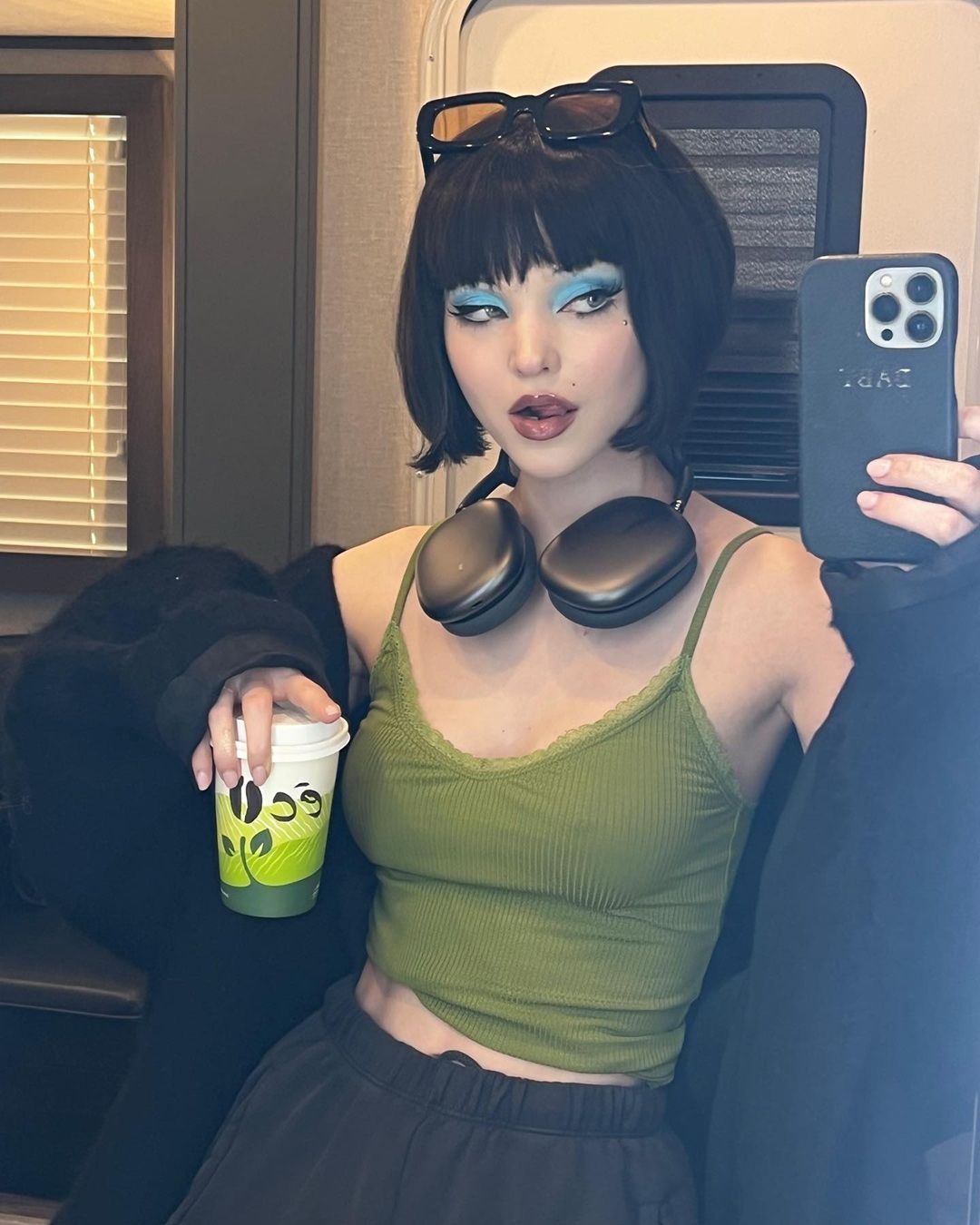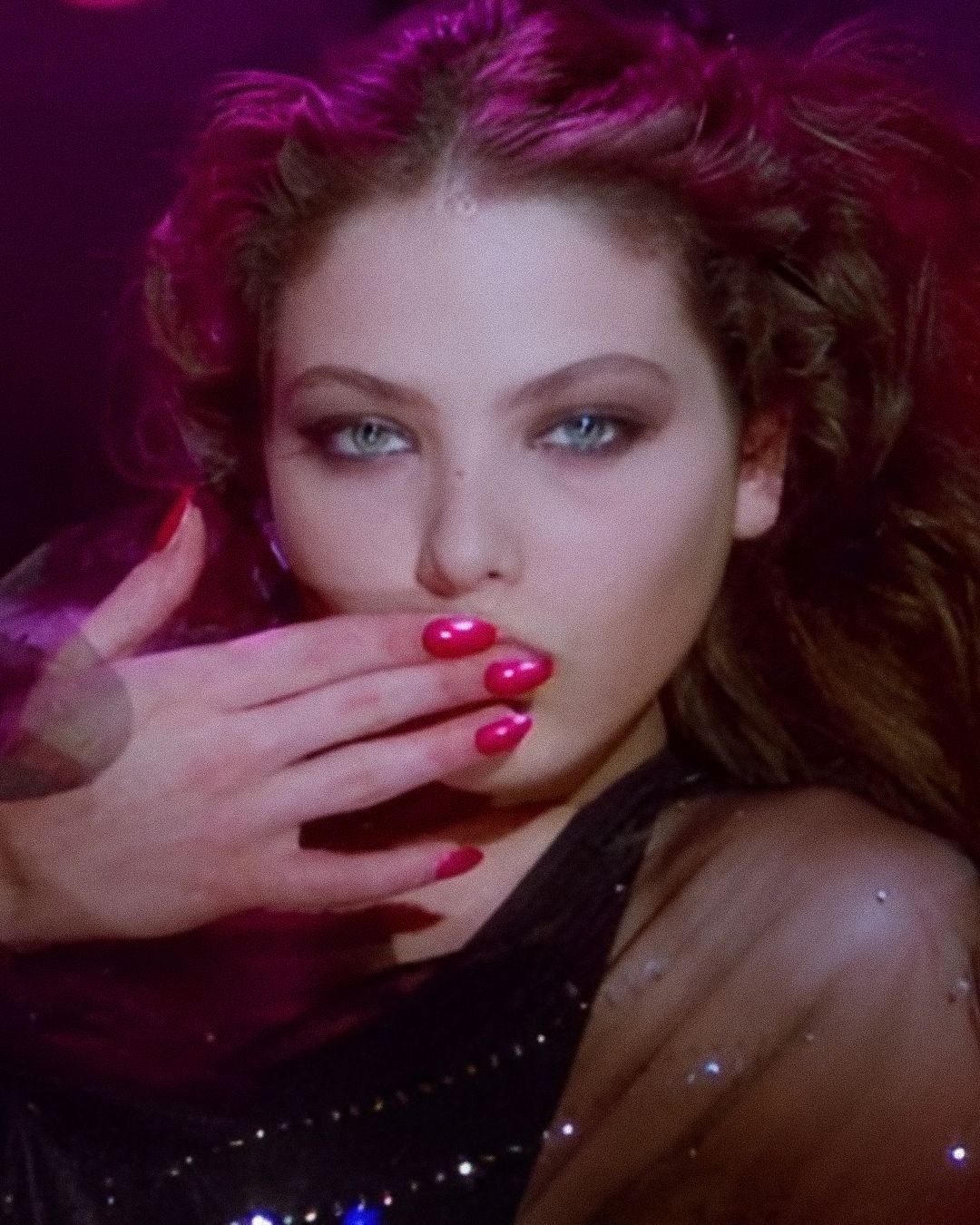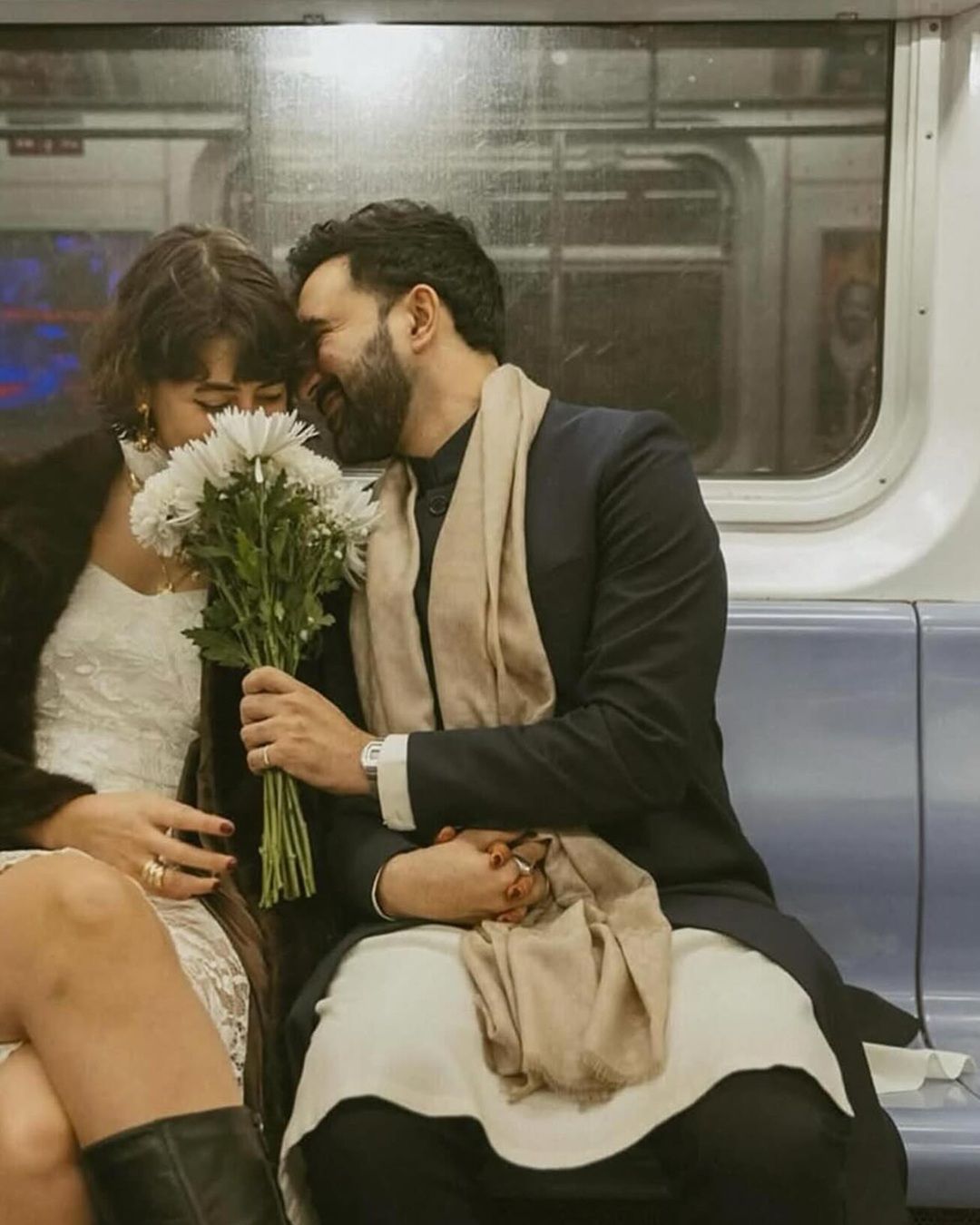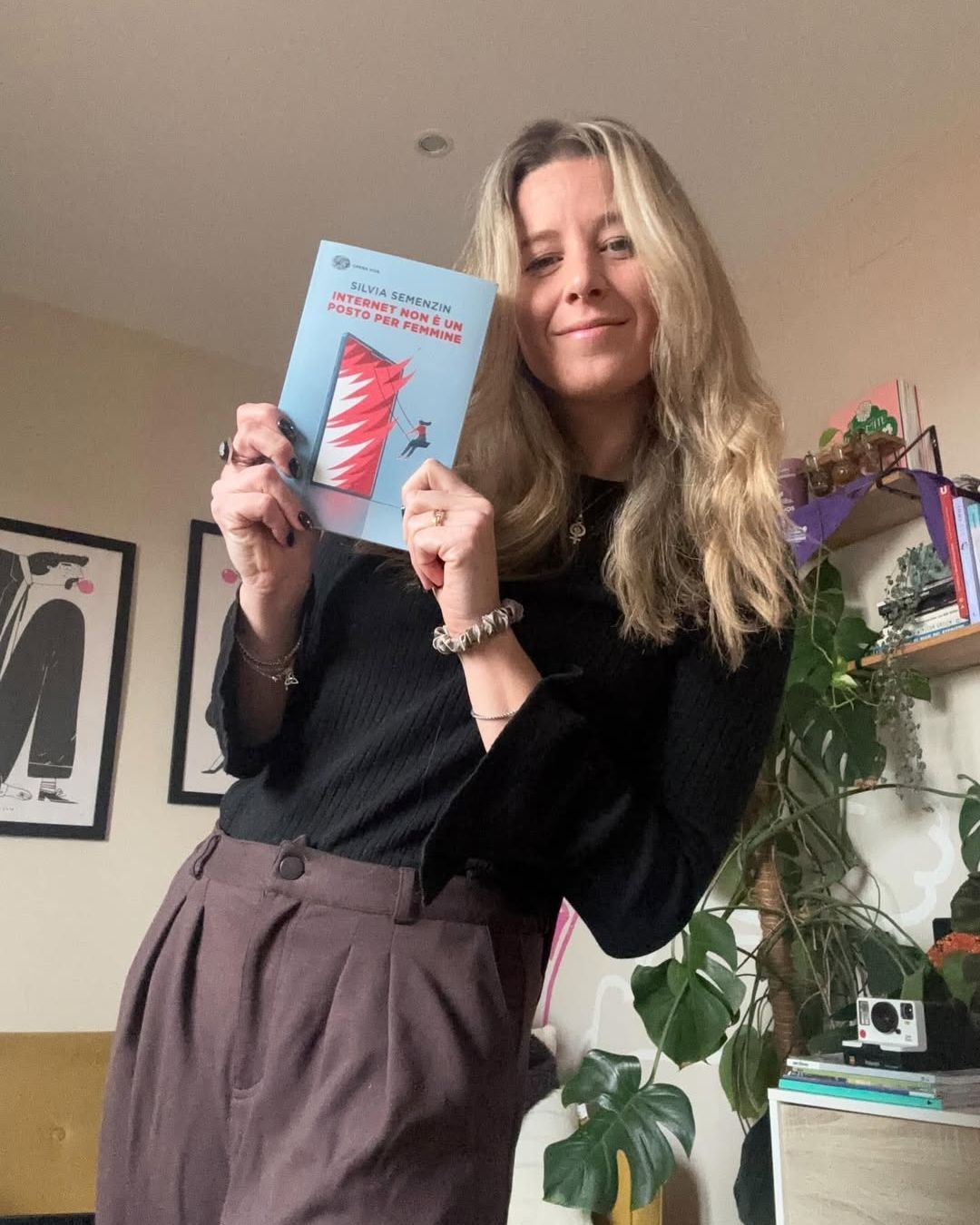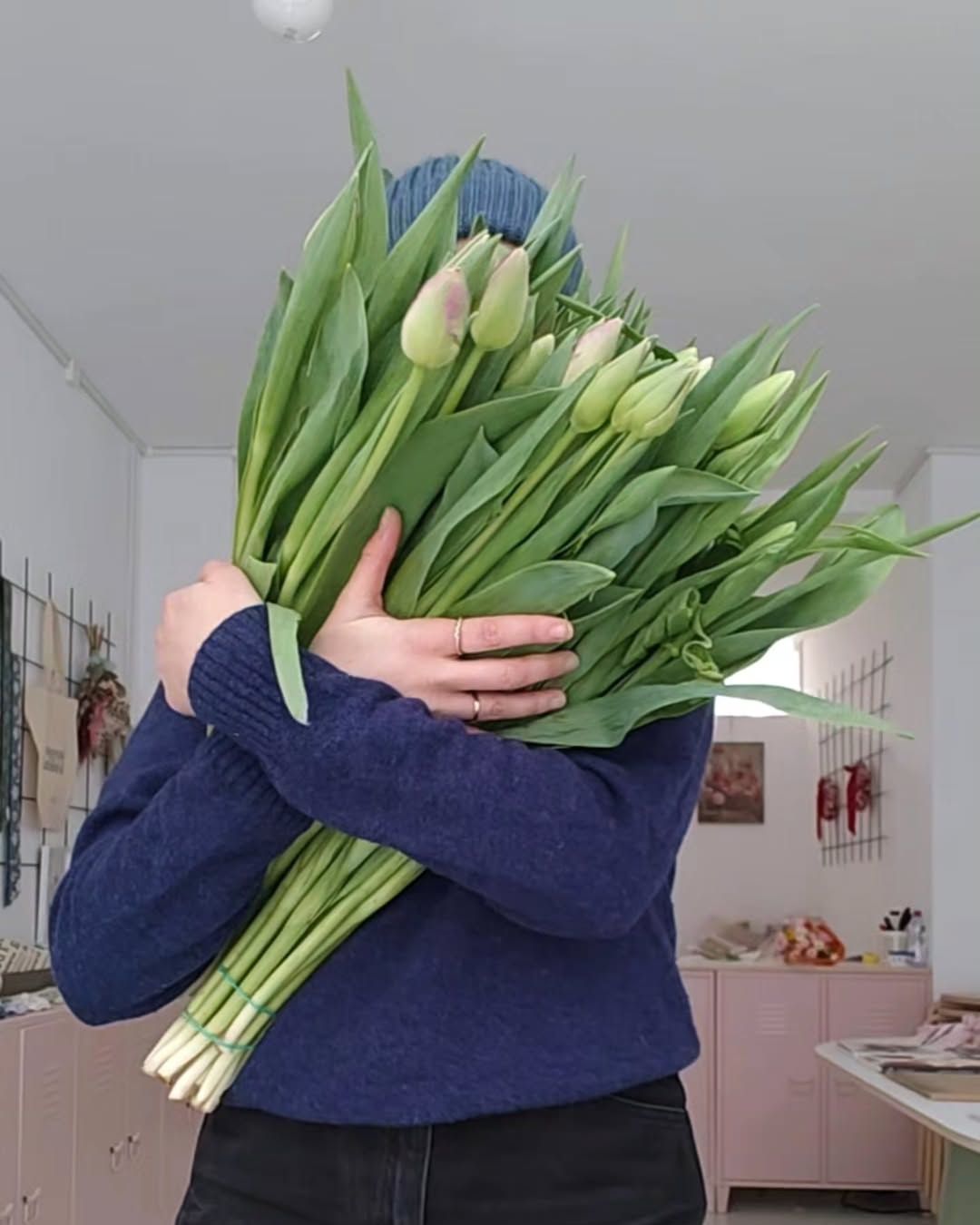
Girls and sexuality: the war between Disney and Lizzie McGuire Disney is not ready to accept grown-up characters
Do you remember Lizzie McGuire, the vibrant and colorful pre-adolescent, in both human and cartoon versions, who followed us every day after school and while we did our homework? In 2019, a beautiful and exciting piece of news began to circulate in the air, especially for millennial girls raised on Disney Channel (or Italia 1). Disney confirmed everything, and in October of that year, the official announcement came, complete with photos: a sequel to Lizzie McGuire set in the present was in the works, following her adult adventures. An eagerly anticipated return that promised a lot: not just the usual reboot but a genuine leap into the life of a beloved character. Just over a year later, a U-turn: Disney decided to cancel everything. The announcement came from Hilary Duff's Instagram page personally, where she wrote: "We tried to make the reboot work, but despite everyone's efforts, it won't happen. I wish a Lizzie reboot to be honest and authentic, true to her identity and who she would be today. That's what the character deserves. Let's take a moment to bid farewell to the woman she would have been and the adventures we would have faced together. I'm very sad, but I swear we did our best; the stars simply did not align."
Updates on the Lizzie McGuire Case
Now, new details are adding to the case. What did Hilary Duff mean when she talked about loyalty to the woman Lizzie would have been? Jonathan Hurwitz, the series writer, through his revelations about the episodes written in 2020, may have provided an answer. Speaking about episode 3, which was written but not yet filmed, Hurwitz recounted: "In this episode, Lizzie wakes up in Ethan's bed wearing his polo. Her animated version pops up on the screen with a to-do list, and Ethan is on the list, and she checks him off. Then she says she checked that item on the list twice. I think Disney was uncomfortable with some aspects of the plot, and this moment was probably part of the problem." The writer also delved into the events of the first two episodes and launched a hashtag, LetLizzieF*ck, much appreciated by his followers, that are now urging him to tell everything in detail.
— Pop Crave (@PopCrave) January 17, 2024
LetLizzieF*ck: Disney Heroines and Sex
In short, Disney seems to have a problem with its heroines, with sex, and with sex when practiced by its heroines on or off the screen. On one hand, it might be understandable. At its inception, Disney was a production house for very young children and teenagers, aiming to please the entire family and be in some way "safe" entertainment to rely on without too many fears and issues. Therefore, its shows for pre-teens were extremely modest and essentially disconnected from reality. Banned were kisses and issues related to the body and its growth, and in came magic, time travel, clairvoyance, and whatnot. Now, however, Disney has changed, transforming into a true entertainment giant not just for children but for everyone, with its proprietary streaming service capable of competing with Prime Video and Netflix. So why still resist?
The rebel ones
The phobia goes so far that historically, Disney Channel's child stars rebelled against the show's power by using their sensuality and sexuality as weapons. Examples abound. Britney Spears, Christina Aguilera, and more recently, Miley Cyrus broke free from the chains represented by the modest and childlike image they had adopted for the public – precisely because of the start of their careers in the Disney Show and Hannah Montana – undergoing a dramatic rebranding based on showcasing their bodies and sexuality (strictly blossoming post-Disney and not during). Miley Cyrus even tried it several times: with Can't Tame Me first and then, when that wasn't enough, with Wrecking Ball and We can't stop. Being part of the mouse's roster certainly didn't save these girls from extreme sexualization by the audience. So what was the point? They might as well have done it on their terms. If Disney didn't fear female sexuality so much – by introducing it into new shows designed for a broader and grown-up audience – perhaps it wouldn't be wielded against it like a weapon, while maintaining the image of a fearful production house not keeping up with the times in the meantime.
Female Sexuality is Still Taboo
As if that weren't enough, the young audience seems to give it support. Statistics abound: it seems that Gen Z doesn't particularly appreciate seeing sex scenes on screen, deeming them superficial and often irrelevant to the economy of the story and narrative. Outside the specific case, however, we can boldly say that female sexuality is still a problem, even more so than explicit sex scenes. To the general public (and to producers and investors, evidently), seeing a young woman treat her sex life lightly and without complaints, indeed talking about it through a cartoon character, creates a certain discomfort, unease, the dark and distant fear that looms on the horizon of a liberation that could subvert current rules. It's not new, but we might as well start getting used to it even through beloved entertainment products that mean so much to us: in short, let Lizzie f*ck!












